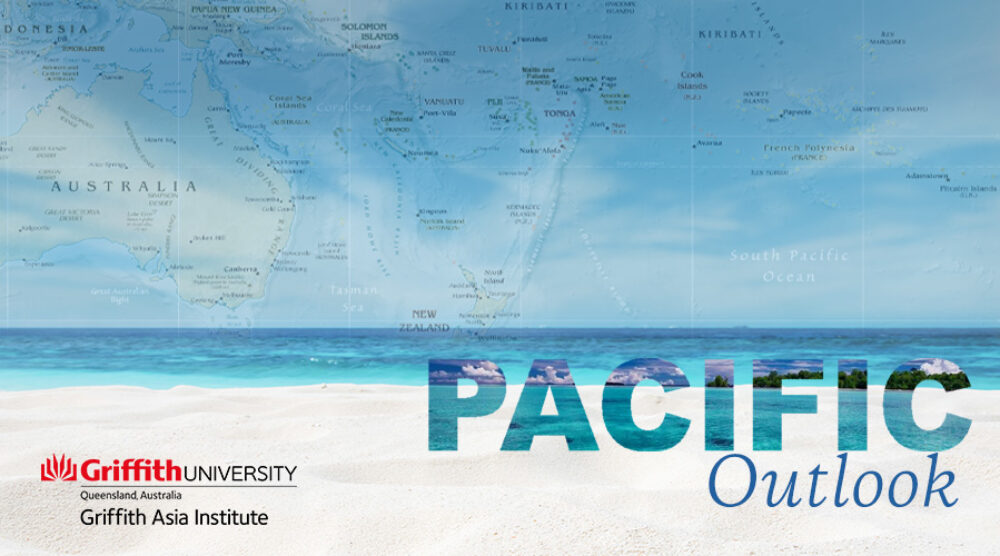Rights groups call for an investigation into Fiji prisons service
NGOs focused on the protection of human rights have called for an investigation into the commissioner of prisons in Fiji. This comes further to reports of a culture of intimidation and violence within the prison service. The reports include accounts by former prison officers who claim that they were ordered to assault inmates and commit other offences by the commissioner, Francis Kean. Mr Kean is the brother-in-law of Prime Minister Voreqe Bainimarama.
Both Human Rights Watch and Amnesty International have called on the Fiji government to launch an independent investigation into the allegations. Mr Kean was appointed to the position of commissioner of prisons in 2016 despite the fact that he had been convicted of manslaughter in 2007.
The officers who have spoken out are seeking asylum in Australia. They fear that they will be persecuted if they return to Fiji.
Pacific countries caught up in WHA/WHO-related geopolitics
The 73rd meeting of the World Health Assembly has been held online this week. Whilst its primary focus is on addressing the COVID-19 pandemic, issue of diplomacy and geopolitics are likely to overtake events. Pacific island countries are already being caught up in the manoeuverings.
A submission by 14 of Taiwan’s allies called for the island state to be able to participate in WHO/WHA proceedings. Among those who signed the submission were the four remaining Pacific allies of Taiwan: Palau, Marshall Islands, Nauru, and Tuvalu. However, as the meeting got underway the Foreign Minister of Taiwan confirmed that no invitation had been forthcoming.
Meanwhile, over 100 countries sponsored a submission led by the EU to initiate an independent investigation into COVID-19. In a joint press statement issued by China and a group of Pacific islands last week, it was noted that whilst an investigation of this type was important, now was not the best time for it to occur.
New Zealand aid budget maintains Pacific focus
In New Zealand, the budget has revealed that providing support to the Pacific remains a priority for the Ardern government.
The NZ government has announced an increase of $55.6 million to the aid budget. The primary focus of this spending will be on programs in the Pacific, including in relation to health, sanitation, and education. The predictions for revenue and pending indicate that aid will represent 0.33 per cent of Gross National Income (GNI) by 2021. The UN global target for aid spending by developed economies is 0.7 per cent of GNI, although very few have achieved this.
Meanwhile, New Zealand has pivoted its aid program to address needs in 12 Pacific island countries arising from the COVID-19 crisis. This has comprised assisting with health preparedness and supporting governments’ programs and packages to address economic concerns.
Digicel finances spark security concerns
The Australian press caused something of a flurry with reports that China Mobile was looking to buy Digicel’s Pacific operations. Digicel is a major player in telecommunications in the region. It is a leading provider of mobile telephone and internet services in the region. Previously, Australia has stepped in to prevent Huawei getting a bigger stake in Pacific telecommunications by providing the majority of funding for the Coral Sea Cable to Solomon Islands and PNG.
The rumour has been denied by Digicel and by China Mobile. However, it is no secret that the company is facing serious financial problems.
The Jamaica based company has now revealed that it intends to offer the Pacific arm of the business as security to creditors as part of a debt restructure. This has yet to be accepted by a Barbados court.
Pacific countries working on repatriation
Across the region a number of Pacific countries are working out how to repatriate citizens and residents. Hundreds of people are stranded away from home, whether as tourists, students or temporary workers.
The primary concern is that bringing people home from countries that have Covid-19 does not create an infection risk that cannot be managed. Although health facilities have been ramped up in the past few weeks, there are still concerns that if an outbreak were to lead to community transmission, resources would be overrun.
In Samoa, the Prime Minister has warned that people returning to the country are expected to abide by strict quarantine measures once they arrive. In Vanuatu, preparations are being finalised to allow for repatriations to begin, including of seasonal workers who want to return from Australia and New Zealand.
Tess Newton Cain is an Adjunct Associate Professor at the Griffith Asia Institute.








